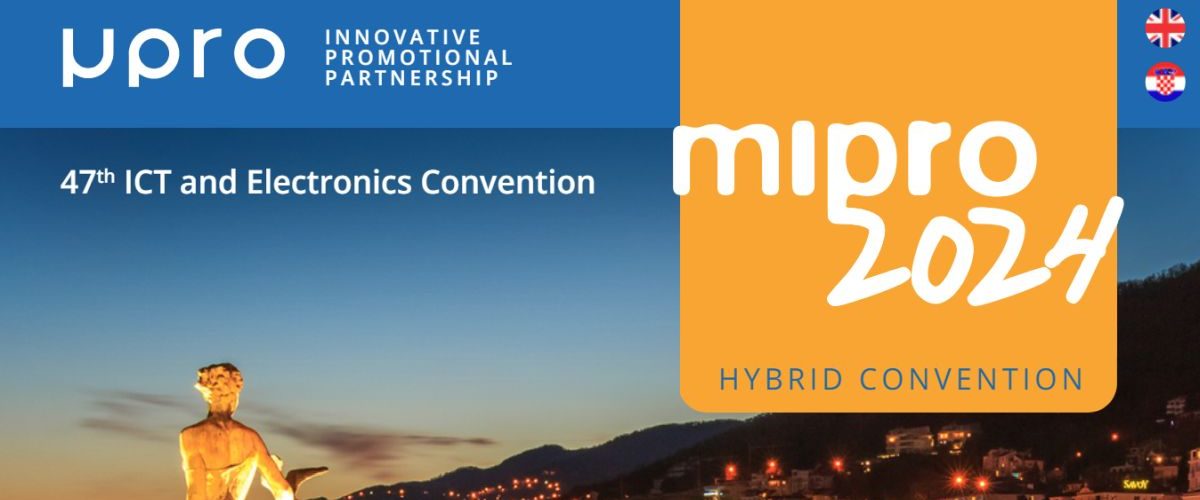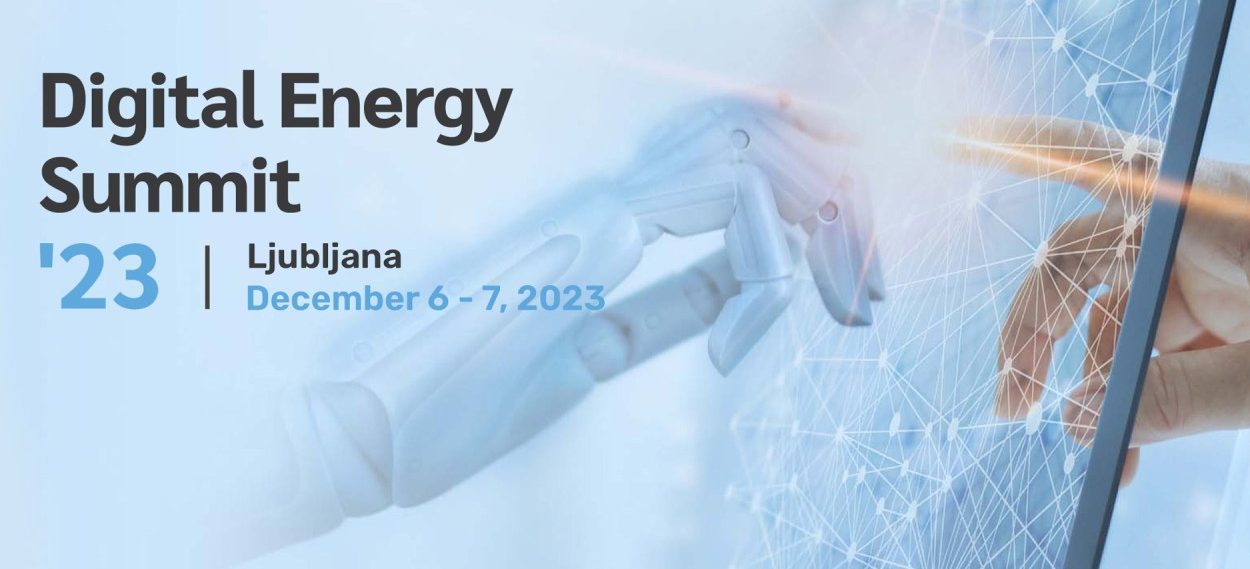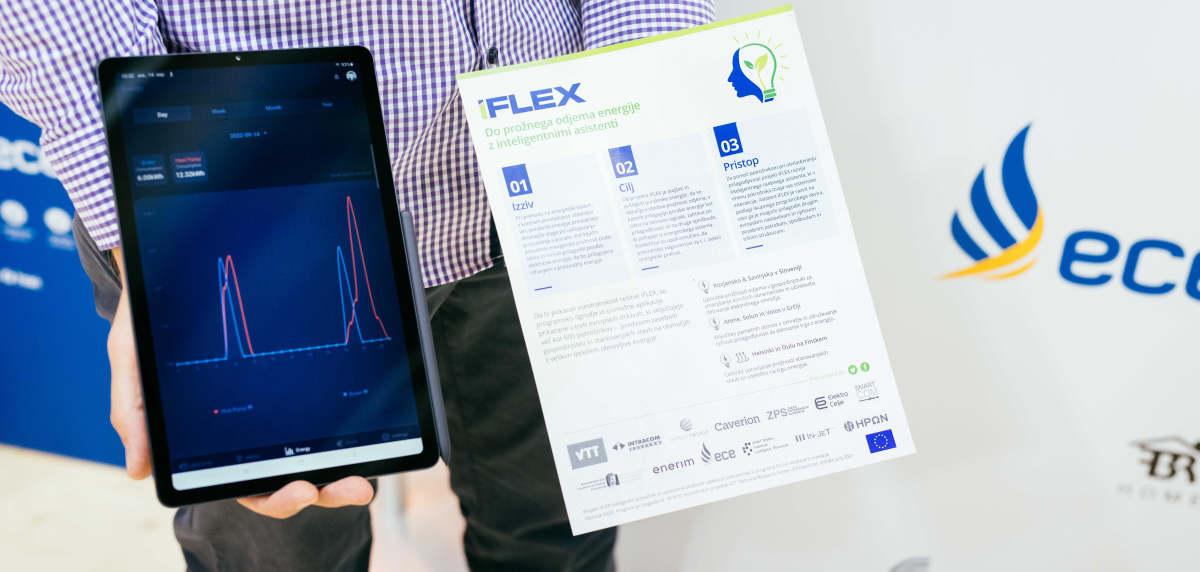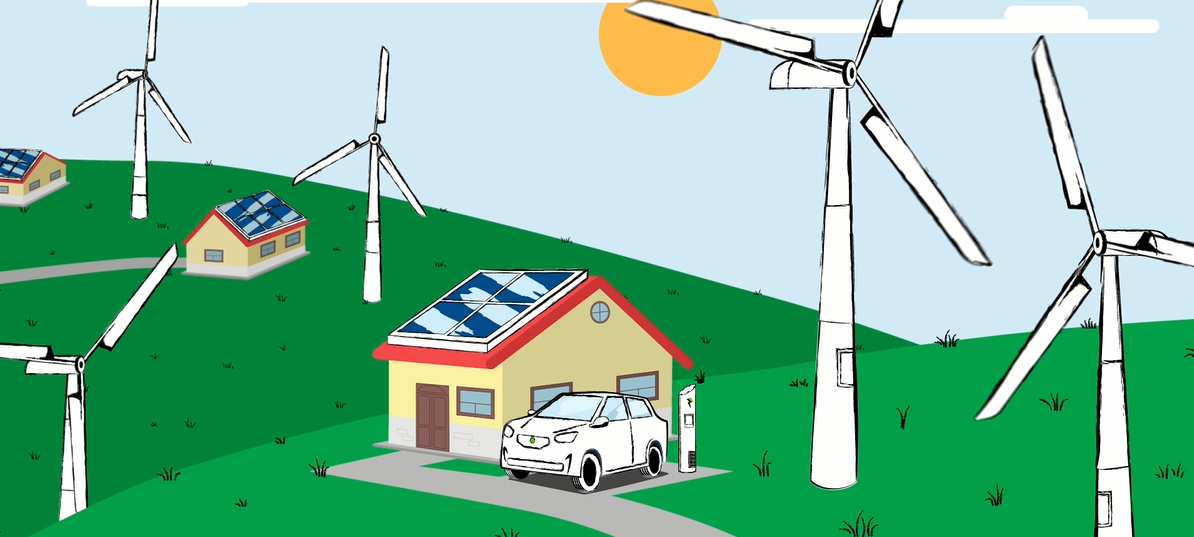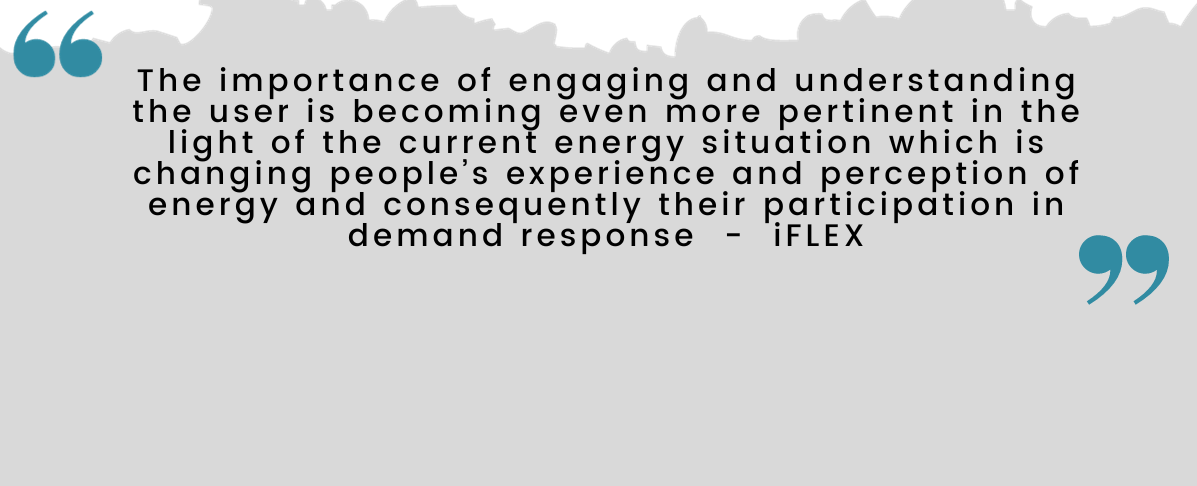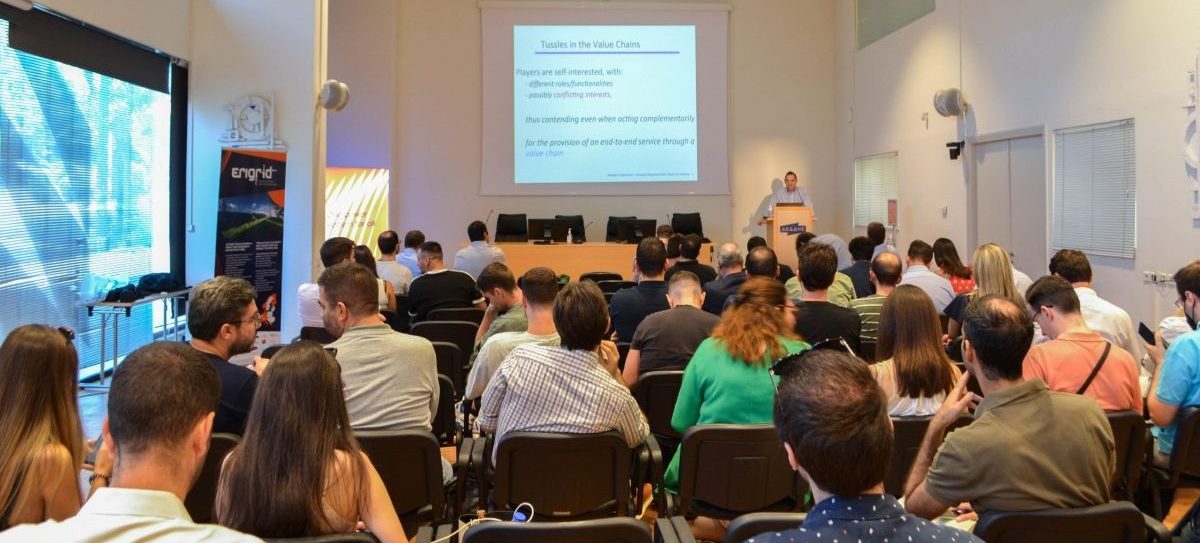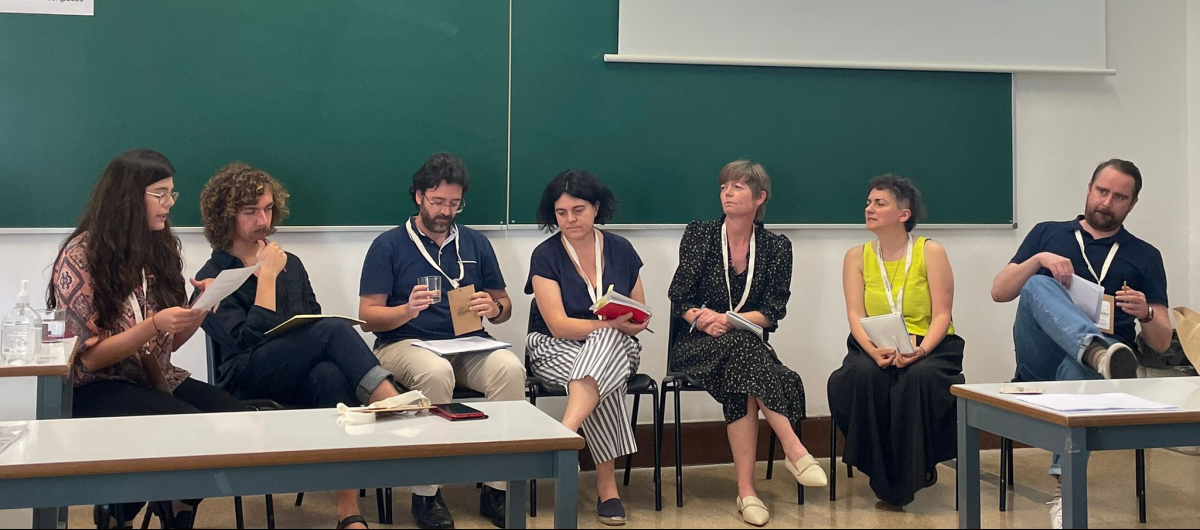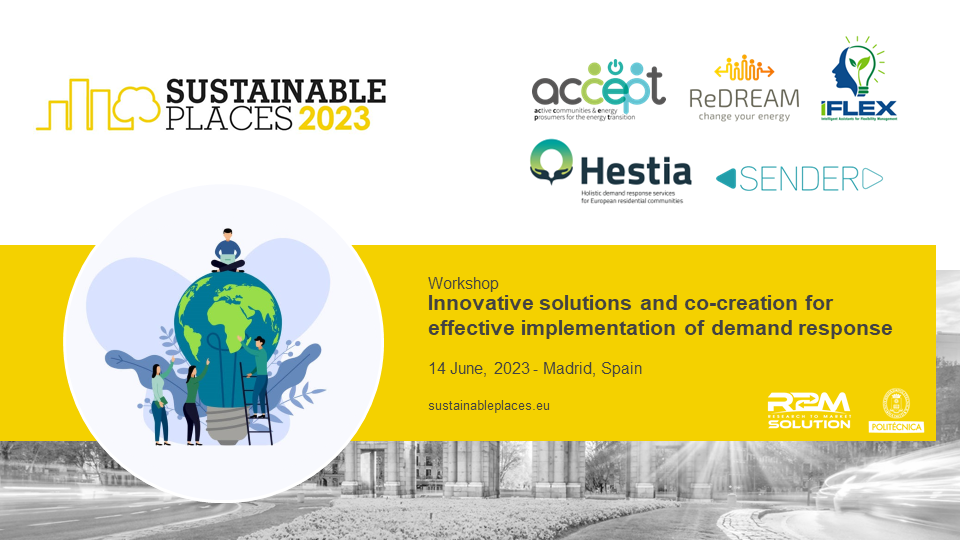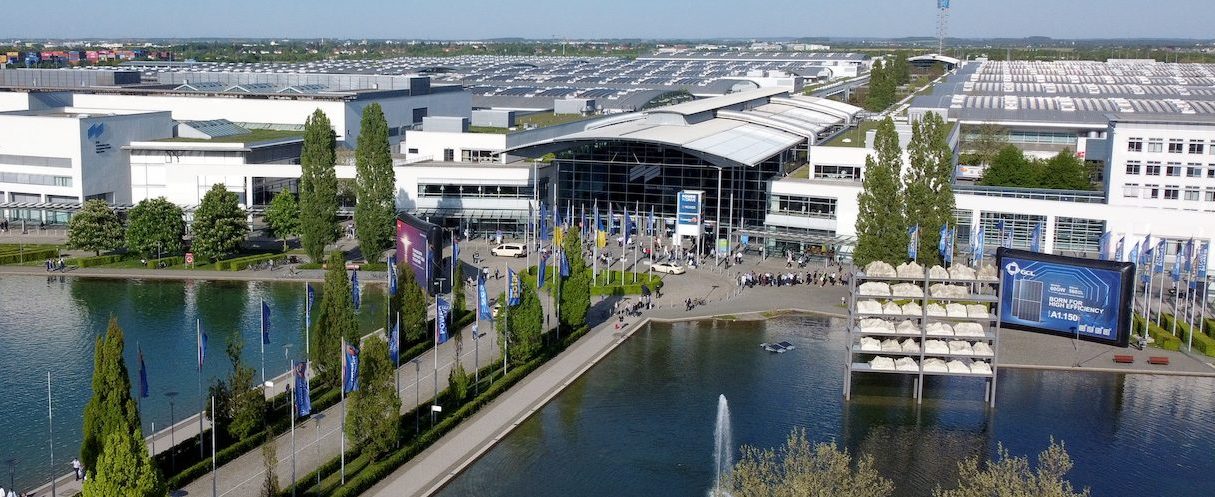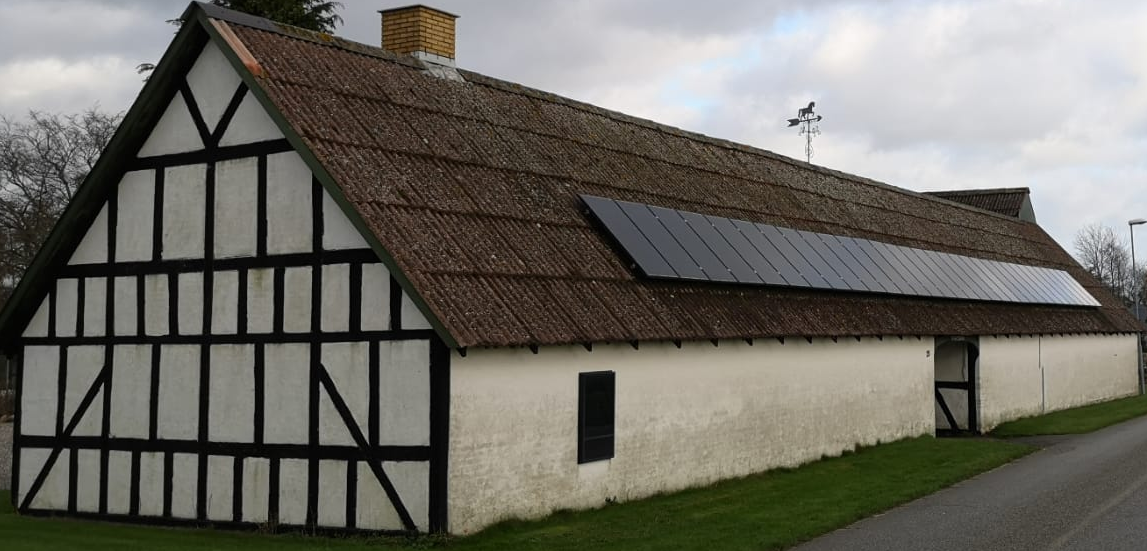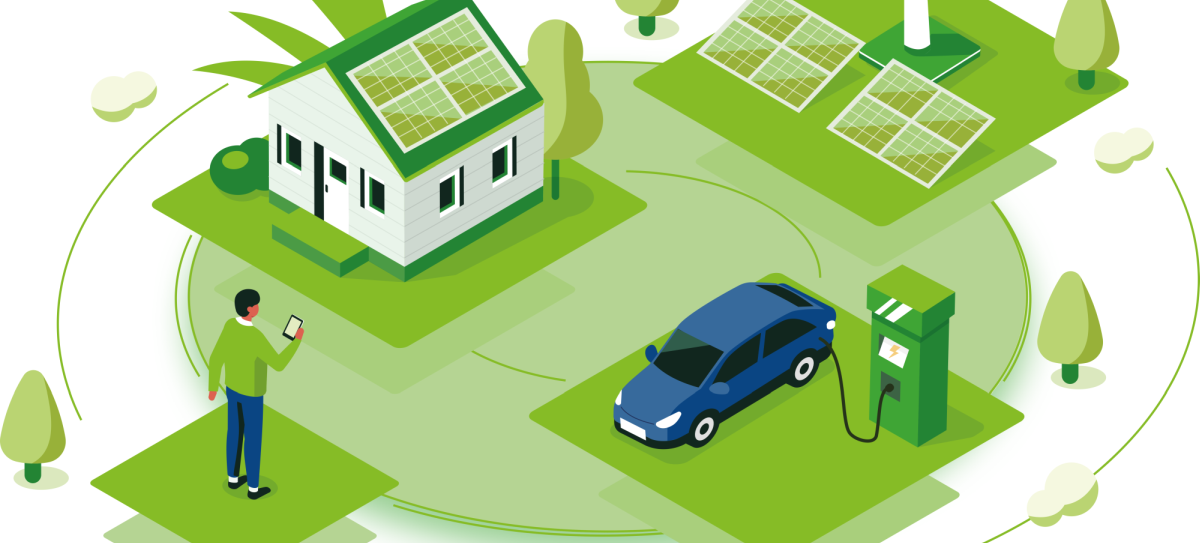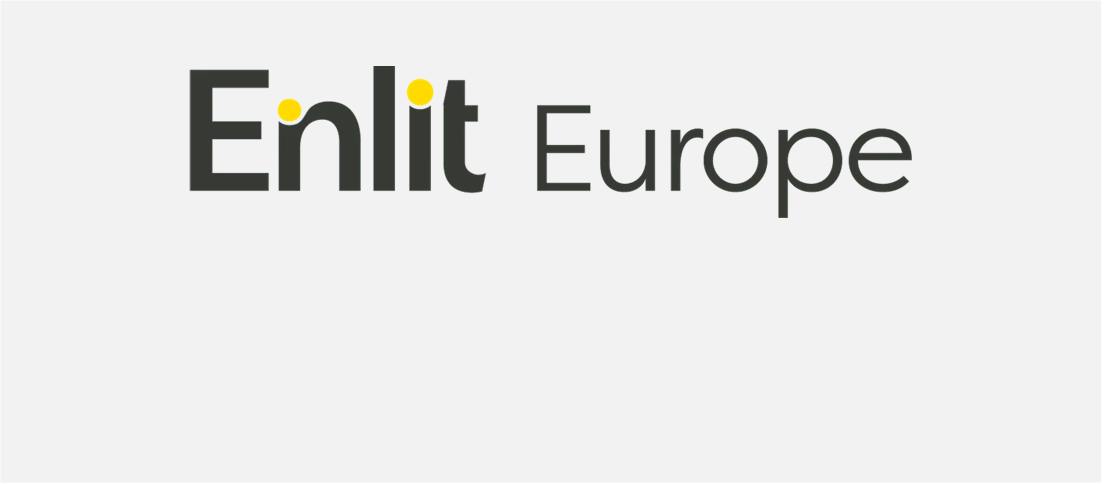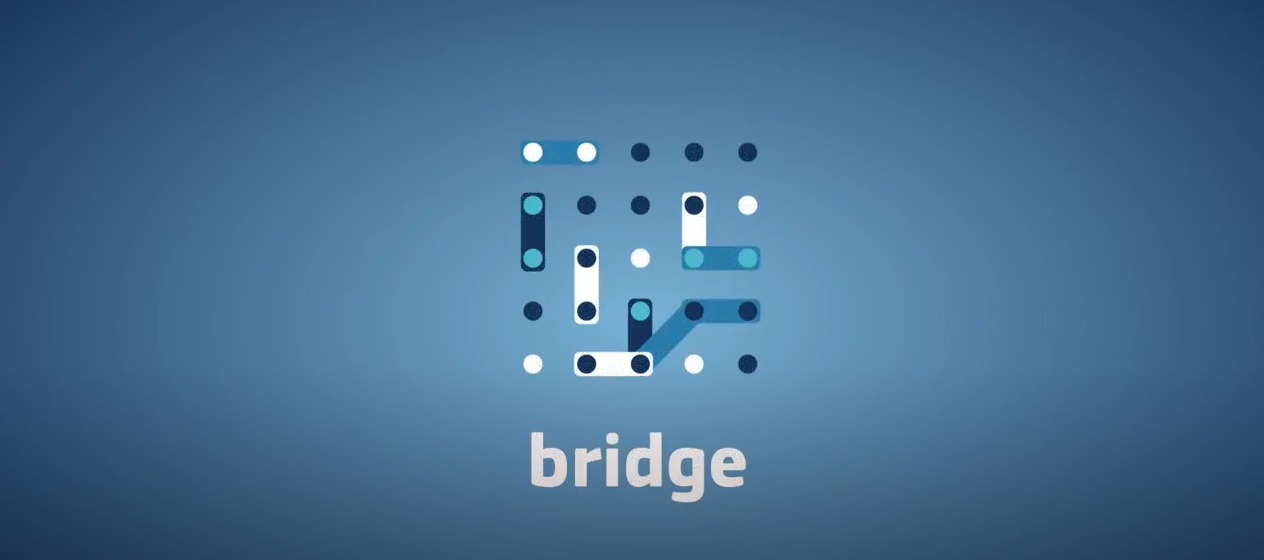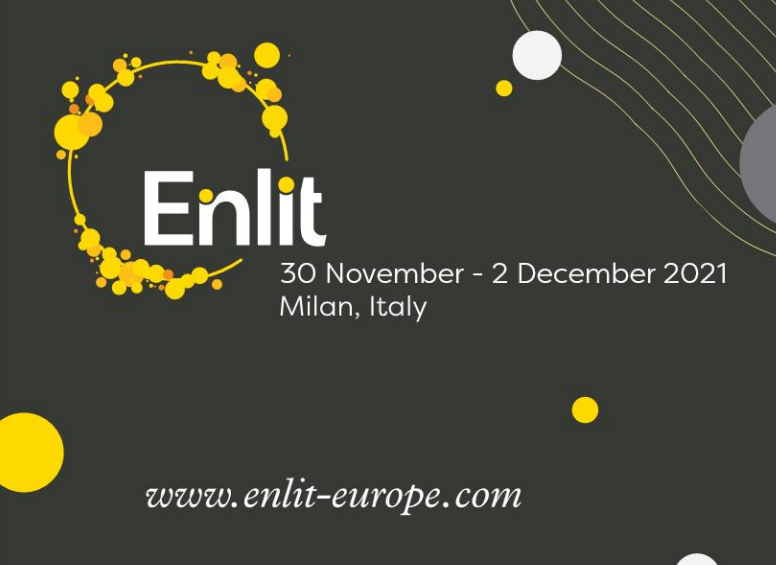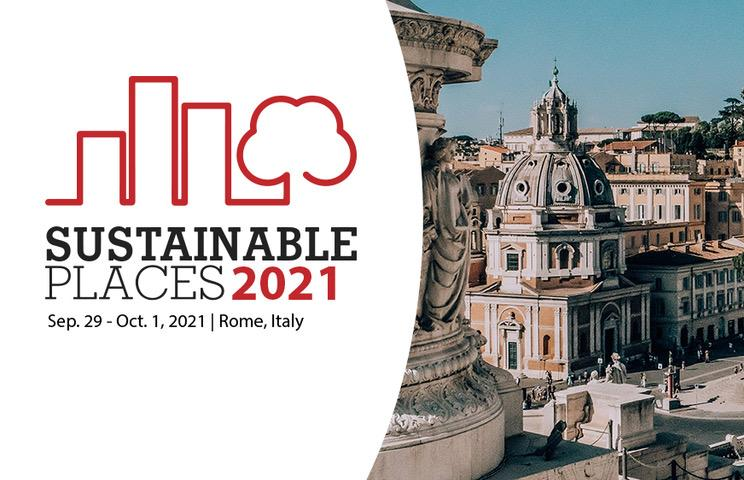The goal of the innovation project iFLEX is to make it easy and attractive for energy consumers to participate in demand responseDemand Response Intentional change of normal consumption patterns by energy consumers in response to external price signals (implicit DR) or incentives to reduce or increase consumption (explicit DR). Both operations can be automated. programs tailored to the needs of a renewable energy system. To achieve this, the project is developing an intelligent assistant in collaboration with three European pilots and 600 consumers.
Imagine a situation where you benefit from lower electricity prices, smarter energy management and improved sustainability by being a flexible energy consumer who offers to adjust consumption patterns according to the status of the energy system and its supply. The operation can be automated for convenience and also takes into account your personal preferences ensuring comfort and stability.
This is the consumer experience that iFLEX is setting the scene for by introducing the iFLEX Assistant – an innovative software agent which supports consumers in managing when and how to be flexible by acting between them and their energy systems, various stakeholders and external systems, handling all the complexity of interactions.
‘Using ground-breaking technology within Artificial Intelligence, the iFLEX Assistant creates a digital twin of the consumers which learns and adapts to the consumption behaviour, control policies and system dynamics with the possibility of automating the decision-making. The latter is particularly desirable when you have an energy system of fluctuating renewables which calls for continuous and close to real-time demand response’, explains Project Manager Markus Taumberger from VTT Technical Research Centre of Finland.
To accommodate for both the similarities and differences in the design of the iFLEX Assistant, the project provides a common software framework for developing assistant applications which can be customised to specific needs, incentives and market structures. This allows for a wider reach and exploitation of the solution in different European countries.
User-centric approach
The iFLEX framework and corresponding iFLEX Assistants will be demonstrated in Slovenia, Finland and Greece, each setting with a different focus area but all with a high penetration of renewable energy. More than 600 consumers will be involved in the pilots, which mainly consist of private households and apartment buildings but also include commercial consumers such as small industries and supermarkets.
Since the energy consumer is a determining factor in the creation of a personalised demand response, the project applies a user-centric, co-creation approach, involving consumers alongside other energy stakeholders in the design of the flexibility management service. Special focus is on the user experience, covering not only usability aspects but also analysing the motivational drivers and barriers.
‘With a development approach centred around the user and the experience, you are more likely to end up with a service, which people want to invest in and use’, concludes Markus Taumberger.
Whereas electricity is the main focus point of the pilots, the project seeks to overcome the current silo-approach and provide holistic energy management, coupling electricity with other energy forms such as heating and cooling for a more complete energy optimisation.



